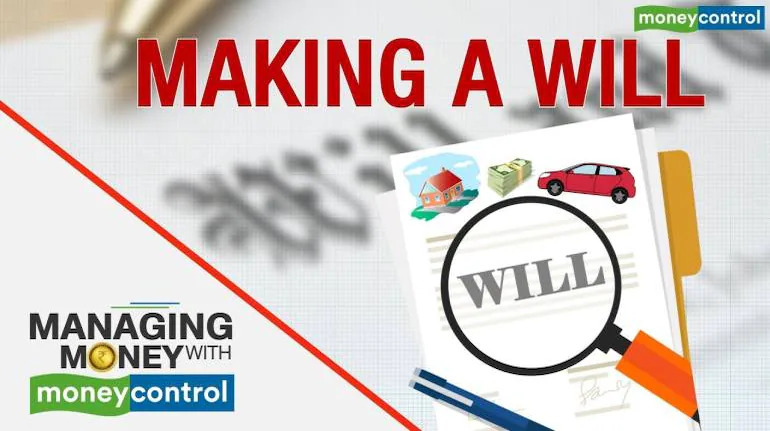
Apart from deciding how much each of your heirs will inherit, there are some factors to consider while preparing your will.
Estate planning is an important and everlasting gift that you can give your family. After the pandemic, more people are looking at writing wills.
The process of writing a will requires deep thought on many factors that go beyond how you want to bequeath your assets. Here’s a look at some of the factors.
Single asset, multiple heirs
When a single asset is willed to many heirs, there could be some issues. This is especially true in case of physical assets like a house, apartment or plot of land.
The heirs may not live in your city or may not feel the same way about your property as you do. They may also not be interested in the property if it involves repairs and renovation.
Family members may have opposing views about the asset. Ideally, one should try not to give a single asset to multiple heirs to avoid these situations.
Often, the inheritors don’t have the time and resources to manage the assets. Dealing with a tenant or repairs can be arduous, not to mention complying with the tax laws.
The same goes for stocks that you own. The heirs could be living abroad and they may not be conversant with Indian investment norms. The heirs may not have an understanding of stocks and hence are not comfortable managing portfolios. Or they may simply not have the time to do so.
As such, it is better to consolidate investments and have a limited number of financial accounts.
Back-ups for executors
An executor is one who will ensure that your will is carried out successfully and in accordance with your wishes.
Zeroing in on an executor is difficult enough, but what if the chosen executor is incapacitated or passes away? Do you have a backup?
Also, while choosing the executor, keep in mind that the executor should have the wherewithal to take care of matters for an extended period, given that most claim processes take months to complete.
Minor children
The best of plans can go awry when tragedy strikes. If you and your spouse perish in an accident or natural disaster and your children are minors, you will need to name a guardian. Some decision points to consider are:
Should you assign a single guardian or multiple guardians?
· Will the guardian take responsibility for the minor children?
· How well will the minor children adjust to the guardian?
· Will the guardian handle the assets till the children become majors?
· Will the guardian need to be compensated?
· If the guardian lives in another country, what tax and laws are applicable to move the children abroad?
Running business
If you have a business, how will it be handled after you pass? Will the heir be interested or have the ability to run the business?
The business could be in a specialised area where the inheritor doesn’t have the knowledge or is simply not inclined to handle it.
The decision point is: Should the business be wound up or sold on your passing? And, will the employees be provided for in case of closure? If so, how?
Sharing the will with family
It is not mandatory to share the contents of the will with heirs. However, it may be prudent to do so in certain cases.
If you don’t plan to divide up the assets equally, it may cause issues between the heirs. People have their reasons for not wanting to give each family member an equal share, and if you are doing so, explaining the rationale to the heirs could help assuage the situation.
The amount of information to share depends on your family bonding. You are the best judge of how much information to share.
While preparing a will, it is equally important to inform your heirs where the will is kept and provide some basic information about the various financial accounts.
If you are willing your assets to someone who has never been involved in money management, spend some time educating them on this so that they are not reliant on others after your passing.
